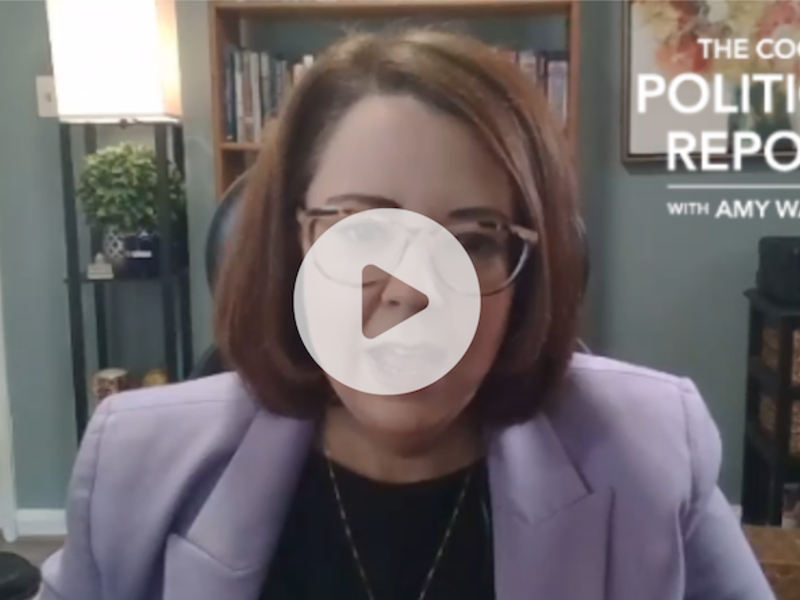
Many are looking at the 2016 GOP primary in the same way they look at recent congressional GOP primaries: a contest between the Tea Party or very conservative forces versus the traditional conservative/establishment forces. At the House and Senate level, of course, the candidate who corralled the support of the Tea Party segment of the party has often been successful in toppling the establishment favorite. The question is whether this same dynamic can play out at the presidential level. First, despite the rise of the Tea Party, the overall primary electorate is majority "somewhat conservative" to "moderate" in ideology. In 2012, according to exit polling, 34 percent of the GOP electorate defined itself as "very conservative", while the other 57 percent defined themselves as either "somewhat conservative" (33 percent), or "moderate," (24 percent). This obviously fluctuates state by state with almost half of Iowa caucuses goers defining themselves as very conservative and 35 percent of New Hampshire Republicans identifying themselves as moderate. Even so, taken as a whole, the GOP electorate is not as ideologically aligned to the far right










Subscribe Today
Our subscribers have first access to individual race pages for each House, Senate and Governors race, which will include race ratings (each race is rated on a seven-point scale) and a narrative analysis pertaining to that race.